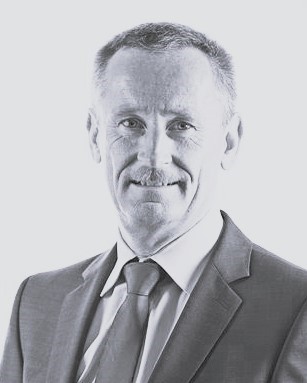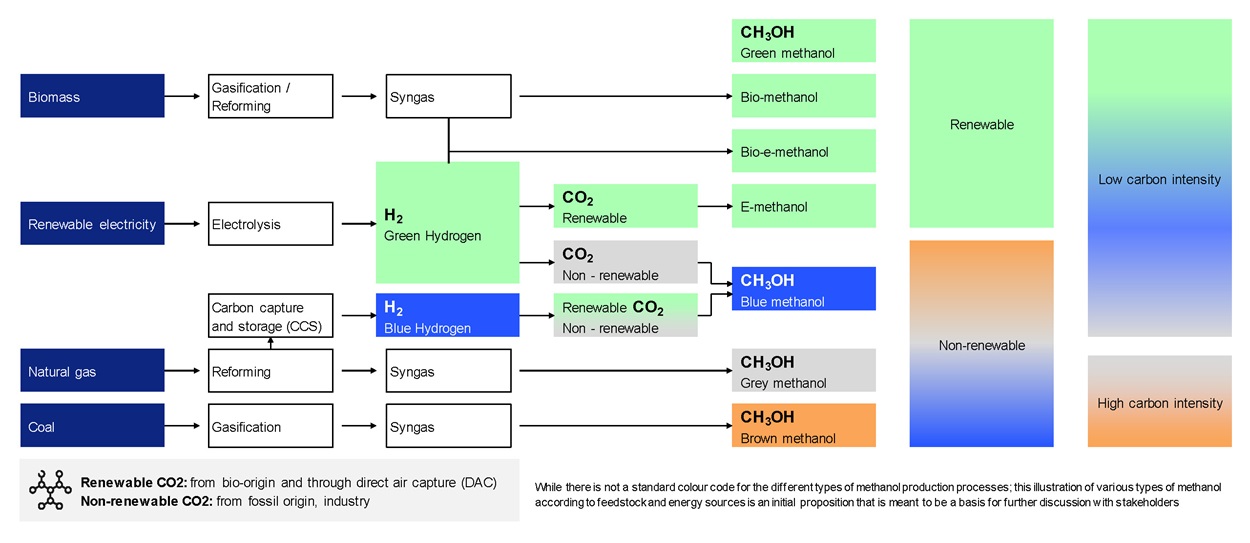Sustainability Shift – Episode 5: Green methanol
Renewable methanol not only opens new pathways for sustainable feedstocks but also for energy sources, especially as a fuel in maritime transport. However, just how feasible is the widespread adoption of green methanol?
As we navigate through this transformative landscape, three industry experts will explore the opportunities and challenges in scaling up green methanol and the necessity for collaboration across industries and the entire value chain. The discussion will highlight how Clariant's MegaMax catalyst plays a crucial role in enhancing the efficiency and reliability of e-methanol production at European Energy's world's largest CO2-to-methanol plant. In the future, this renewable maritime fuel will power Maersk’s entire carbon-neutral fleet.
Experts in this episode

Anders Brendstrup
Power-to-X, Vice President
European EnergyEuropean Energy was founded in 2004 with the goal of driving the green transition and developing sustainable, fossil-free energy solutions. The multinational company has major investments in solar and wind energy projects, as well as power-to-x and carbon capture technologies. European Energy builds 1000 MW of renewable energy annually.

Norbert Ringer
Global Expert Syngas and Methanol Product Manager, Catalysts
Clariant
Clariant Catalysts is a global and independent manufacturer of energy-efficient catalyst technologies shaping a sustainable future for the chemical industry. The company helps to decarbonize its customers’ production processes and scale up the transition toward zero-emission chemicals and fuels.

Christoph Krinninger
Business Development Manager, Catalysts
Clariant
Clariant Catalysts is a global and independent manufacturer of energy-efficient catalyst technologies shaping a sustainable future for the chemical industry. The company helps to decarbonize its customers’ production processes and scale up the transition toward zero-emission chemicals and fuels.
Key terms
Methanol production pathways:
Stringent emission standards in Emission Control Areas (ECAs): An Emission Control Area (ECA) is a sea area in which stricter controls to minimize airborne emissions from ships are established. Ships sailing in emission control areas will have to use fuel oil on board with a sulphur content of no more than 0.10% (mass by mass), compared to 3.5% previously.
2023 International Maritime Organization (IMO) Strategy: The 2023 IMO GHG Strategy outlines a goal to decrease the carbon intensity of global shipping, measured as a reduction in CO2 emissions per transport work, by a minimum of 40% by 2030. Additionally, the strategy sets forth an enhanced objective regarding the adoption of zero or near-zero greenhouse gas (GHG) emission technologies, fuels, and/or energy sources, aiming for them to constitute at least 5%, with an aspiration for 10%, of the energy utilized by international shipping by 2030.

Welcome to Sustainability Shift, the Clariant Podcast. Join us as we explore sustainability trends in the chemical industry, covering circularity, climate change, bioeconomy, zero waste and pollution, and social value creation. In a series of short episodes, industry experts will share their unique insights, challenges, and innovative solutions, providing a comprehensive understanding of how the chemical industry can play a role in creating Greater chemistry – between people and planet.


